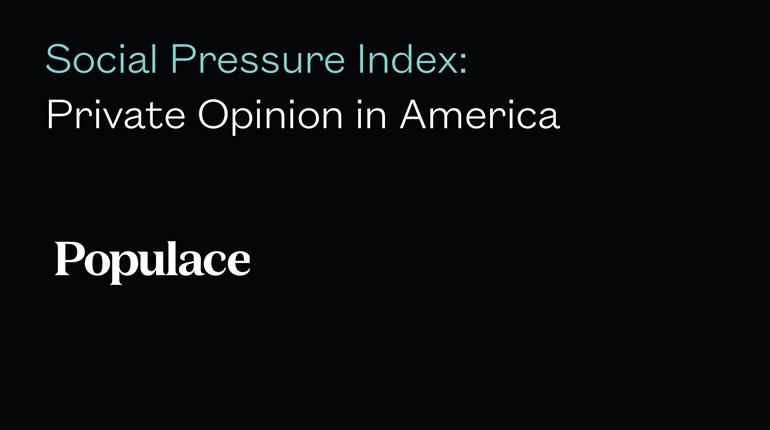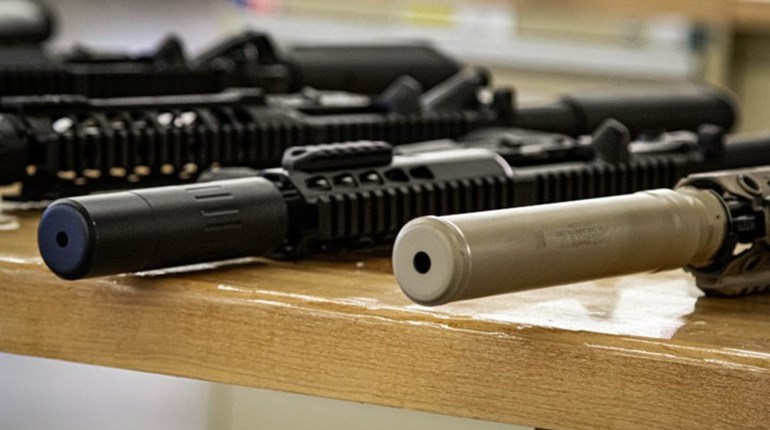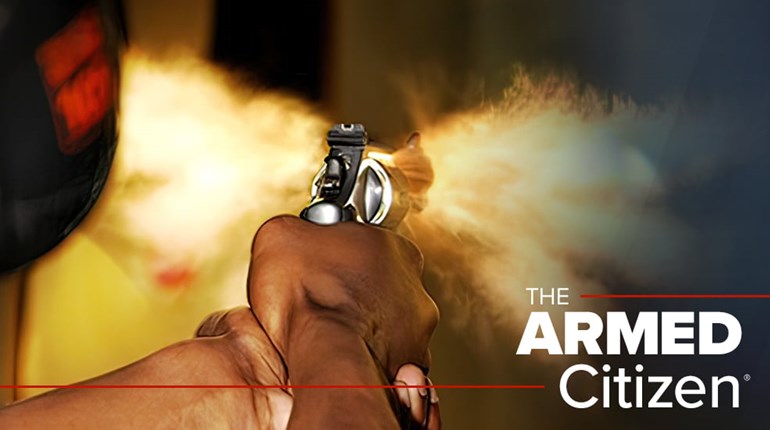
Polling data released this year continues to suggest America’s Millennials aren’t behaving.
Millennials—the term used to describe those born between 1980 and 2000—poll more progressive on party affiliation, and on issues such as same-sex marriage, recreational drug use and even socialism. They also voted more heavily for Democrat presidential candidates than Republicans in the past three elections.
But despite being incubated in left-leaning universities, Generation Y’s politics are proving to be unpredictable—including being friendlier towards firearm freedom than expected.
The Pew Research Center’s rolling poll of both Generation Y and under-30 (different classifications of essentially the same demographic) shows a years-long rise in support for firearm ownership and a steady decline in opposition. A 2015 Gallup poll indicated only half of America’s under-35 population supported more gun control, and according to one Gallup poll, two-thirds of millennials believe guns make them safer.
One survey indicates 26 percent of millennials have purchased a gun, while other Pew data shows a full 43 percent of the under-30 crowd owns (or lives with someone who owns) a gun—the highest demographic except for adults 65 and older.
Is the generation once hailed as the one that would end gun violence subverting the expectations of progressive loyalty?Writing for Politico last week, author Ben Wofford tackles the question. “Maybe they’re confused?” his subhead asks, suggesting the mixed results are complicated and contradictory. Millennials are least likely to own a gun, he points out. They’re more supportive of background checks, closing the so-called gun show loophole and reducing access for persons with mental illness.
“Even in a world in which young people claim to despise the NRA,” Wofford writes, “they seem to be buying into one of the group’s narratives: that the only way protect yourself from ‘bad guys’ is to empower ‘good guys’ with yet more guns.” (Of note, the 19 percent approval question showed a full 43 percent of respondents lacked sufficient information to answer; hardly grounds to suggest millennials “despise” the NRA.)
From campus interviews, Wofford reports that many students are open-minded or even libertarian-leaning on the subject. “If someone isn’t violating my rights, why do I care?” offered one interviewee. But for others, there’s pressure to meld their desire for self-defense with a desire for conformity to a perceivably anti-gun zeitgeist. The blend apparently leaves pollsters and journalists perplexed.
Maybe it’s because millennials are less trusting than others, particularly of government. Some polls show millennials identify as more conservative. Maybe they’re trying to make concessions to the cacophonous debates that prefer volume over coherence. Maybe some are adopting the elitist “me but not thee” approach to guns exemplified by media, political and Hollywood elite. Or, maybe they just want to provide for the defense of themselves and their families without being targeted by accusatory politicians and judgmental celebrities on the warpath.
Actually, we think the answer may be a little simpler: Younger generations may be listening to more than just late night comedy and media outlets. Many Americans grew up in homes with guns. They’ve been exposed to hunting, and their participation in high school shooting sports is soaring.
What’s more, millennials have come of age at the same time as the concealed-carry movement. Thanks to 30 years of winning gun rights battles from the 1980s to today, concealed-carry laws, applications and licensees have skyrocketed. Spending time around armed citizens in an armed society is a powerful antidote to the left’s powerhouse of emotional rhetoric. And in the midst of record gun sales, America continues to witness record lows in violent crime and murder.
Rather than swallow the gun control narrative, millennials are more accepting of guns and concealed carry because they’ve lived it.Rather than swallow the gun control narrative, millennials are more accepting of guns and concealed carry because they’ve lived it. Aided by the internet’s digital revolution, forums, advertising, review sites, small business and social media have all enhanced and optimized the experience.
The results transcend the polls: 15 years ago, virtually no colleges permitted concealed carry on campus. Today, 11 states have enacted campus-carry laws.
In 2015, The Washington Post branded millennial support of gun rights as “mysterious,” acknowledging that it “does not bode well for liberals hoping that the arc of history will eventually bend toward greater gun control.”
It may bode poorly for criminals or political special interests pursuing a state monopoly on force. But for parents, legislators and the NRA, it’s encouraging that the generation we’ve helped defend is now growing up to defend themselves.
A critical care nurse from Lexington, Ky., David Burnett is also the former president of Students for Concealed Carry and a frequent contributor to America’s 1st Freedom.
































